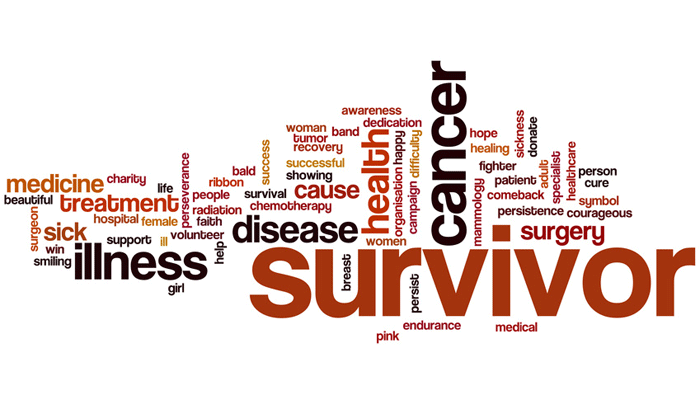
Even if the doctor says your loved one has no more cancer, the joy of such news may be tempered by worries about the cancer coming back. Although the potential for a return of cancer is real, you can draw on skills learned during the diagnosis phase. When living with uncertainty, stay focused on what you can control and accept that some things are as yet unknowable.
You may also experience other strong feelings flooding in now, such as sadness, anger, and fear. It’s common for people to push emotions down just to get through the treatments. And then the feelings resurface once the immediate threat is over.
It helps to concentrate on a return to “normal.” Or at least a new normal. While making this shift, let your loved one take back as many of his or her usual responsibilities as possible. Each week, ask yourself what more he or she could start doing again. If physical changes pose limitations, ask the doctor for a referral to physical or occupational therapy for help.
Your relative may still need you to monitor his or her treatment side effects. Family and friends may become less available. And you will also have less contact with your loved one’s cancer team. It’s wise, therefore, to cultivate support from other sources, such as a caregiver support group.
This is also a good time to assemble all the medical records while treatment is fresh in your mind:
- The official diagnosis and all biopsy reports.
- A list of all treatments, including dates, dosages, and the name of any medications.
- Reports from any surgeries or hospitalizations.
- Documents that describe any problems that came up during treatment.
These records will be helpful if questions arise in the future. This task is also a nice way to “close out” the treatment chapter and turn your focus to the benefits of survivorship.

